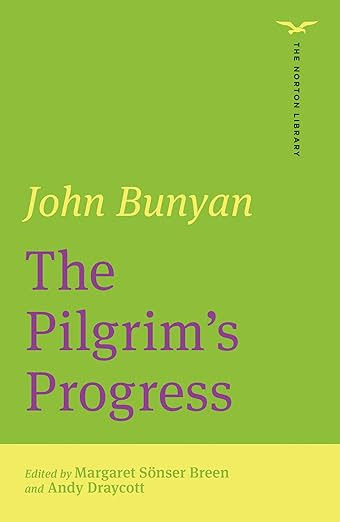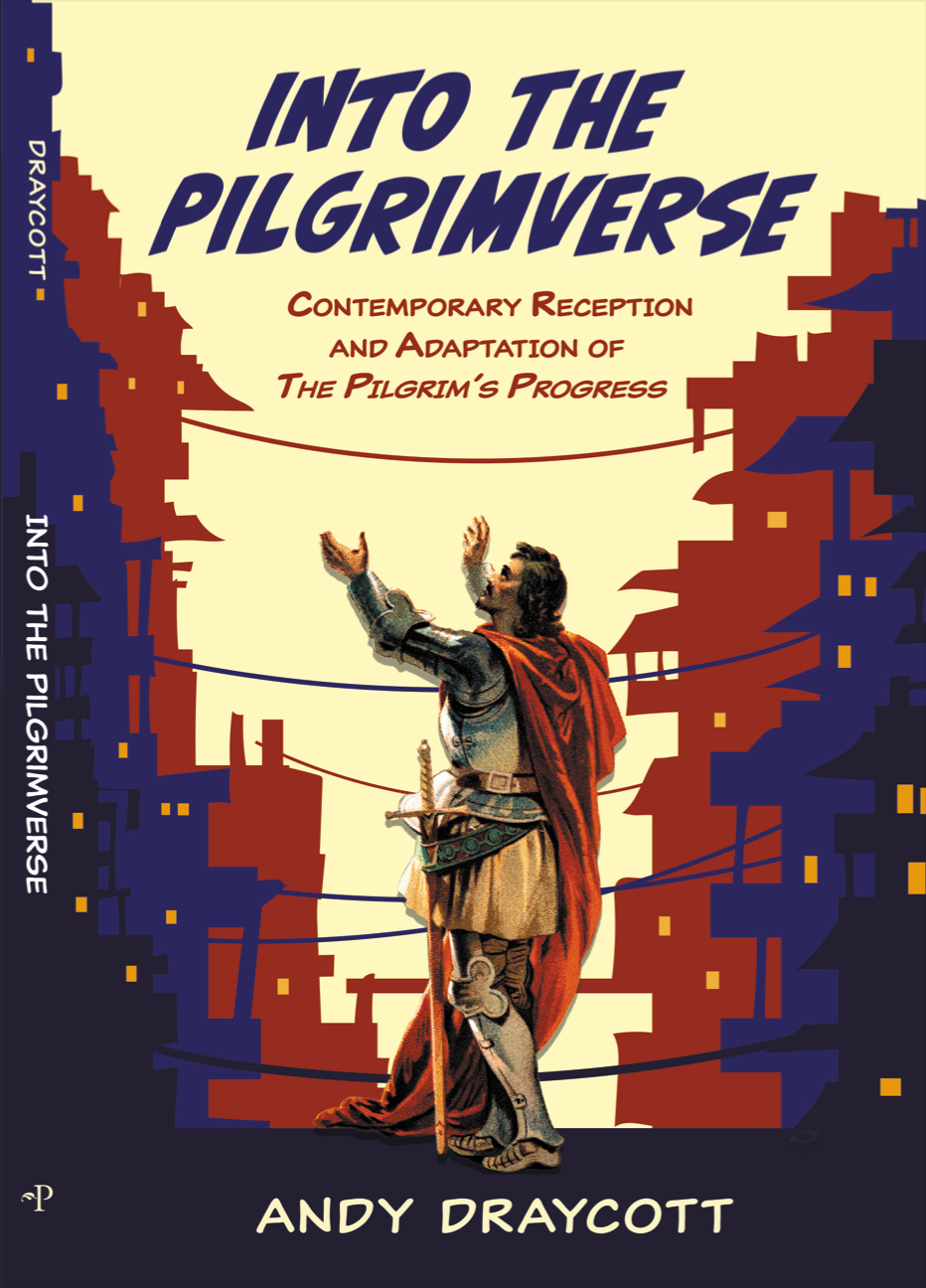Puritan Edition?
- andydraycott7
- Jan 11, 2023
- 3 min read
People have all sorts of notions when they hear the word 'Puritan'. For some it means a 'kill-joy' or someone who is morally censorious - or uptight. There were no doubt Puritans like that - just as there have been many others outside that particular grouping with those dispositions. Puritan, theologically, is tied to the Reformational instincts in Protestant England that were motivated to continually reform or purify the church of practices they could not see supported by the Bible or by Reformation theology. Bunyan is often located near the end of that line of English Puritans, although as a dissenting non-conformist the label only fits theologically and not ecclesiologically.
It happens that I recently came across 'The Puritan Edition' of TPP (1903).

The publisher makes special mention in the Preface of the efforts undertaken to ensure that the text was found conformable 'as nearly as possible to the text which had received Bunyan's own latest corrections and additions.'(iii) Roger Pooley has the same goal in his Penguin Classics edition (2008). The Puritan Edition editors, roughly a century before Pooley, confidently assert that '[t]his edition may confidently claim to be as accurate as the very best editions in print, if, indeed, it be not superior to any yet issued' (iv).
This is a bold claim. It will be interesting to hold this text up against Pooley's. I've not had time for a detailed comparison. But in one very significant way it will not stand up to comparison. This is because, despite the vaunting ambition, the Puritan Edition makes this decision:
In the original edition Scripture references were printed in the margin. But these are often inaccurate. In later days these have been much revised, altered, and enlarged. No attempt has been made in this edition to reproduce those references. (iv)
What!?! Bunyan and no Bible?!?
The assumption here is that the 'text' is the body of the narrative for which the biblical references are merely extraneous backing, and not very dependable at that. That is, the story works just as well without them. The Puritan Edition does include Bunyan's marginal annotations, so this decision seems somewhat arbitrary. (In another post I might detail the extent to which 'often inaccurate' is true of those bible references, anyway.) Furthermore, there's plenty of reason to suppose that the biblical references are intended by Bunyan to be integral to the reading experience of his narrative. That is, they are not anxious footnotes drumming up academic credibility or authoritative support extraneous to the actual work of the writing. Rather, the reader is meant to have an interrupted, discontinuous experience that draws them back to the Bible as they read.
A clear example of the way in which the Puritan edition goes to 'Puritanical'(!) extremes in eliminating biblical references is in how it handles the instances of references embedded directly in the 'main' text. That is, in a few instances, Bunyan moves his biblical reference from the margin directly into the text. So, when Christian is refuting the self-seeking arguments of Mr Money-Love, part of his handily enumerated answer has a paragraph that ends, 'Read the whole story, Genesis 34:20-23' . The presentation of Christian's argument has the visual aspect of sermon notes, very apt for Bunyan's readers and his own preacherly profession and persuasion.
The Puritan Edition ends this same paragraph simply ' Read the whole story', and eliminates the Scriptural reference from the text. Acclaimed nineteenth century editions have the reference, such as George Offor or Edmund Venables, so it is hard to uphold Revell's claim that their text is among the most authentic and authoriative of its day. And in any case, this Puritan Edition claims to have consulted early editions from the British Library, especially the first, third and eleventh. Our modern critical editions, Sharrock (Wharey), Keeble, Wall, Owens, Pooley, etc, that do likewise, all include this reference in the body of the main prose text.
So what was it about the preparation of the Puritan Edition that makes sense of this elimination of Bible references? The publisher, Fleming H Revell (brother in law of evangelist Dwight Moody) is a Christian one, with a markedly evangelical list, although already widening its scope by the 1900s. Certainly, we can suppose that marketing a 'Puritan Edition' when so many other editions of TPP at the time are coming from educational, textbook, or general literary publishing ventures makes sense. But it still seems odd to seek a niche with the label Puritan to then eliminate Bible references.
Such is the fascinating life of John Bunyan's famous book, where even what counts as its actual text is up for grabs.



Comments